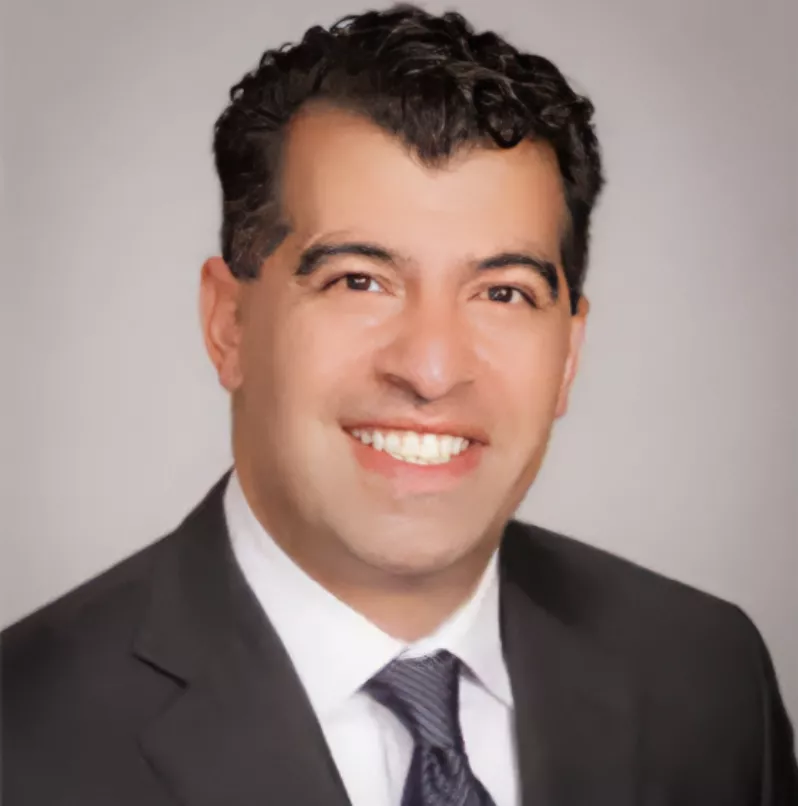We know that undergoing oral surgery can be a daunting experience, and we’re here to support you every step of the way. This page is your one-stop resource for navigating the post-operative journey with ease and comfort. From managing swelling and pain to choosing the right foods and activities, we’ll provide clear instructions and helpful tips to ensure a smooth and speedy recovery. Remember, every individual heals at their own pace, so don’t hesitate to reach out to our friendly team if you have any questions or concerns. We’re always just a phone call away.
We’ve provided some basic care instructions to manage bleeding, swelling, pain, diet and exercise. You can download our post-op instruction booklet [link to pdf] or continue reading. If you have questions, do not hesitate to contact our office today.
Bleeding After Your Procedure
Some bleeding or redness in the saliva is normal for 24 hours. If bleeding occurs, avoid hot liquids, exercise, and elevate the head.
Excessive bleeding which results in your mouth filling rapidly with blood can be controlled by biting with pressure on a gauze pad placed directly on the bleeding wound for 30 minutes.
If bleeding continues, please call Chester County Oral Surgery & Dental Implants for further instructions.
How to Manage Swelling
Swelling is generally proportional to the surgery involved. Swelling around the mouth, cheeks, eyes and sides of the face is not uncommon. This is the body’s normal reaction to surgery and eventual repair. The swelling will not become apparent until the day following surgery and will not reach its maximum until 2-3 days post-operatively.
However, the swelling may be minimized by the immediate use of ice packs (we suggest you leave them on for 30 minutes and off for 30 minutes for the first 24-36 hours; except during sleep time). After 36 hours, ice has no beneficial effect. If swelling or jaw stiffness has persisted for several days, there is no cause for alarm. This is a normal reaction to surgery.
Diet & Exercise Recommendations
After general anesthesia or I.V. sedation, liquids should be initially taken. Do not use a straw. The sucking motion can cause more bleeding by dislodging the blood clot.
You may eat anything soft by chewing away from the surgical sites. High calorie and high protein intake are very important.
Refer to the section on suggested diet instructions at the end of the brochure. Nourishment should be taken regularly. You should prevent dehydration by taking fluids regularly. Your food intake will be limited for the first few days. You should compensate for this by increasing your fluid intake. At least 5-6 glasses of liquid should be taken daily.
Try not to miss a single meal. You will feel better, have more strength, less discomfort and heal faster if you continue to eat. Caution: If you suddenly sit up or stand from a lying position you may become dizzy. Therefore, immediately following surgery, make changes in position slowly.
Keep physical activities to a minimum immediately following surgery. If you are considering exercise, throbbing or bleeding may occur. If you are involved in regular exercise, be aware that your normal nourishment intake is reduced. Exercise may weaken you. If you get lightheaded, stop exercising.
Pain Management & Antibiotics
For severe pain, take the tablets prescribed as directed. Any narcotic pain medicine (Tylenol #3, Hydrocodone, Vicodin, Lortab, Percocet, or Darvocet) may make you groggy and will slow down your reflexes. Do not drive an automobile or work around machinery. Avoid alcoholic beverages. Pain or discomfort following surgery should be controlled.
If pain persists, it may require attention and you should call the office. Most prescription narcotics also have Tylenol (acetaminophen) in them. Therefore, it is best to not add any extra over the counter Tylenol with your prescription.
Not every patient requires post operative antibiotics. If you were prescribed antibiotics, be sure to take prescribed antibiotics as directed to prevent infection. Discontinue antibiotic use in the event of a rash, excessive diarrhea, or other unfavorable reactions, and call our office to discuss this.
Additional Info
In the event of nausea and vomiting , do not take anything by mouth for at least an hour including the prescribed medicine. You should then sip on tea or ginger ale. You should sip slowly over a fifteen-minute period.
When the nausea subsides, you can begin taking solid foods and the prescribed medicine. Most nausea that occurs from your anesthetic should resolve within 4-6 hours. If it doesn’t, call the office.
Nausea that occurs 2-4 days after your anesthetic is generally from the narcotic pain medication or moderate dehydration. In this case, you should try to stop using the narcotics and try Advil or Tylenol (if your medical condition permits) and increase your fluid intake.
Other Complications
- If numbness of the lip, chin, or tongue occurs there is no cause for alarm. As stated before surgery, this is usually temporary in nature. You should be aware that if your lip or tongue is numb, you could bite it and not feel the sensation.
- Slight elevation of temperature immediately following surgery is not uncommon. If the temperature persists, notify the office. Tylenol or ibuprofen should be taken to reduce the fever. If you take your temperature in the mouth, it may be falsely elevated.
- You should be careful going from the lying down position to standing. As you were not able to eat or drink prior to surgery and it is difficult to take fluids and taking pain medications can make you dizzy. You could get lightheadedness after wisdom tooth extraction. Before standing up, you should sit for one minute then get up slowly.
- Occasionally, patients may feel hard projections in the mouth with their tongue. They are usually not roots; they are the bony walls which supported the tooth. These projections usually smooth spontaneously. If not, they can be removed by your doctor.
- If the corners of your mouth are stretched, they may dry out and crack. Your lips should be kept moist with an ointment such as Vaseline.
- Sore throat and pain when swallowing is not uncommon. This will subside in 2-3 days. If it doesn’t, please call the office.
- Stiffness (Trismus) of the jaw muscles may cause difficulty in opening your mouth for a few days following surgery. This is a normal post-operative event which should be resolved in time.
Sutures are placed to minimize post-operative bleeding and to help healing. Sometimes they become dislodged, this is no cause for alarm. Just remove the suture from your mouth and discard it. Most are dissolvable and will be gone within 7-10 days.
- The pain and swelling should subside more and more each day following surgery. If your post-operative pain or swelling worsens or unusual symptoms occur call our office for instructions.
- There will be a cavity where the tooth was removed. The cavity will gradually over the next month fill in with the new tissue. In the meantime, the area should be kept clean especially after meals with saltwater rinses or a toothbrush.
- Your case is individual, no two mouths are alike. Your best option if you have questions or concerns will be to call our office.
- Brushing your teeth is okay – just be gentle at the surgical sites.
- A dry socket is when the blood clot gets dislodged prematurely from the tooth socket. Symptoms of pain at the surgical site and even pain to the ear may occur 2-3 days following surgery, which is not controlled by medication. Call the office if this occurs.






